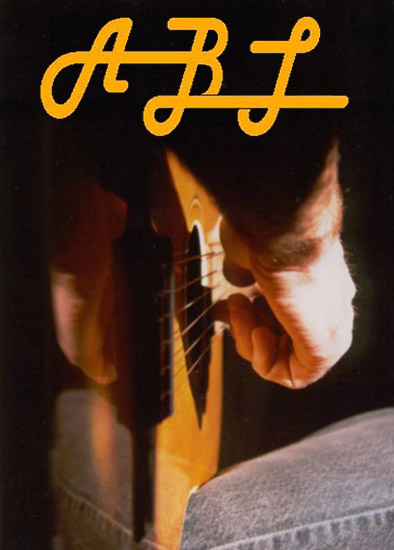|
Column Archive |
||
August, 2015 |
Grow a Thick Skin |
by Webmaster |
|
I was lucky: I had a career that required me to grow a thick skin. I designed and coded computer software. Every step of the design and development was subjected to a review by the users and my peers. The purpose was not to make me feel bad, but to catch potential mistakes early in the process and produce a better product more efficiently, and, therefore, more profitably. That didn't help take the sting out of having my mistakes exposed to people whose opinions mattered to me. I learned to think of my co-workers as my team, helping me do my job better. I love to write songs and poems. I happily take them to songwriter critiques and take the feedback to make my songs and poems better. Usually, they like my song or poem and make suggestions for minor changes that will make it better. That's great. One time, they told me to go home and start over. See "Go Deep." That was hard to take. I let the song sit for 2 or 3 months, then sat down and wrote the best poem I've ever written. I had to go deep inside for the strength to take their advice. I had to go deep for the true emotion of the song. It wasn't easy. It was worth it. A few things happened recently that made me glad I grew a thick skin. A dear friend got her feelings hurt when someone told her what she needed to do to be a better performer. She was hurt. Criticism hurts. I don't know if the "advice" came out of the blue or was solicited. It still hurt. You can tell yourself that it's just one person's opinion, but it still hurts. We're out there performing because we think we have something worthwhiile to share with the world. We want the audience to like us. But, we don't start out as expert performers. We have to learn how to read an audience, how to write songs and poems people will like, and how to deliver them. If all we ever hear are complements, we might never get better. Negative feedback helps us learn what to work on. So we have to be able to handle negative feedback to get better. However, if you are thin-skinned, you might not want to ask people to tell you what they really think. You might not hear what you think you're going to hear. And if someone asks you what you really think, you might find some good things to say before you gently suggest changes. I'm taking a stagecraft class. We get anonymous feedback from the people in the class. For a variety of topics, we get a number. 3 means we need to start working on this. 2 means we can do it somewhat, and 1 means we've got that aspect of performing down pat. My first performance in that class was three weeks after my mother died, and I spoke about that, then sang a song I wrote for her, one that usually gets a lot of great feedback. I struggled with the performance and thought, "If I can get through this, nothing else will shake me." All but one of my critique sheets had a lot of 1s and some 2s. That made sense to me. I need to work on eye contact. And, I didn't make my performance fun for the audience. There were a couple of other areas I need to work on. But they liked my song and my delivery of it. I was patting myself on the back. Then I found a sheet that had the 2s in the same boxes as all the other sheets, but instead of 1s, there were 3s. I was hurt. I know I wasn't that bad. I had a private lesson with the instructor of the stagecraft class. I showed her the feedback sheets and she burst out laughing. I said, "Someone hated my performance." She said, "Someone got confused between the 1 and the 3. They thought 3 was best, not 1. They didn't read the instructions at the top of the page. Don't worry about it." Doh! It never occured to me that it was a simple mistake. The best advice someone gave me once was, "Get over it." I got over it. Thanks for visiting AcousticByLines.com. |
|||
| TOP | |||

